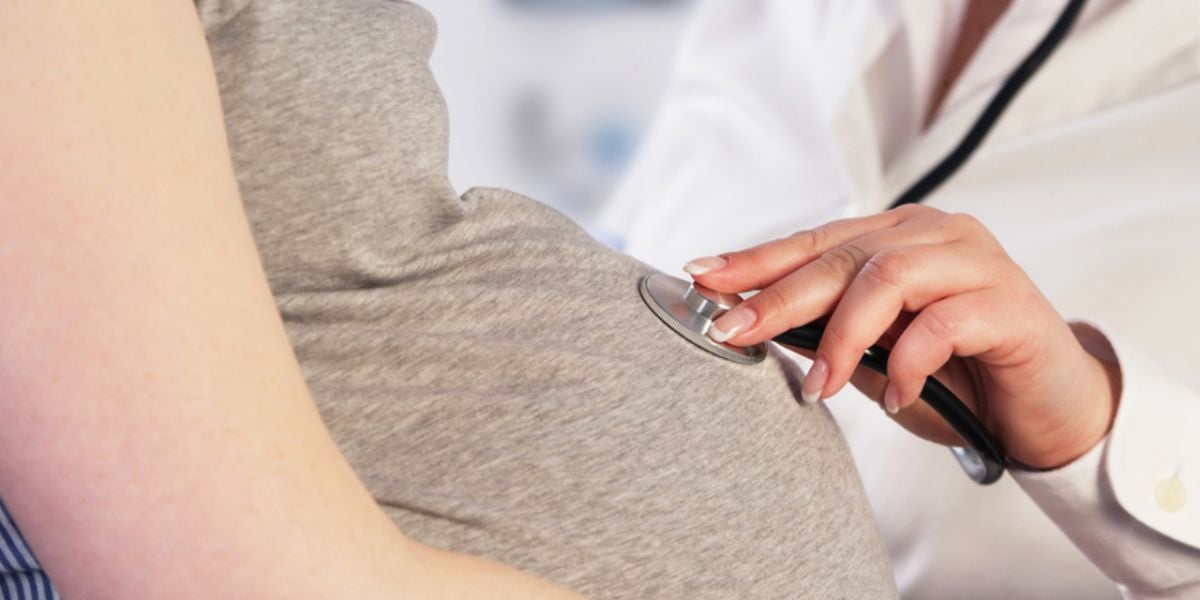
Germany has a well-established preventive maternal healthcare system based on medical check-ups for pregnant women and early recognition and, therefore, close observation of women undergoing high-risk pregnancies (Risikoschwangerschaft). Statutory health insurance, which is the state's health insurance covering most German citizens, is adequate to support the healthcare needs of mothers-to-be and covers the services of doctors, nurses, and midwives. In addition, women and men have access to free counseling services meant for questions about pregnancy and family planning.
When you find out that you are pregnant in Germany
The first thing you should do if you suspect you are pregnant is to visit your family doctor (Hausarzt) and ask for a referral to the gynecologist, who will proceed with the required physical examination to confirm your pregnancy. If you already have a gynecologist, you can make an appointment directly with them. Then, the gynecologist will issue the Mutterpass booklet (mother-pass), where all examinations (e.g., blood pressure, blood and urine samples) and changes in your body (e.g., weight) will be recorded during your pregnancy. During the pregnancy, you are entitled to at least three ultrasound tests (on the third, sixth, and eighth months) to monitor the development of the baby. However, more tests may be requested by your doctor in case of abnormal observations or complications. Prenatal diagnostics (Pränataldiagnostik), which to a great extent can detect malformations and developmental disorders of the unborn baby, are covered by health insurance only if the doctor has requested them.
Good to know:
In the first months of pregnancy in Germany, you should visit your gynecologist every 4 weeks, whereas, in the last 8 weeks, you should visit the gynecologist every 2 weeks.
Useful link:
Find a gynecologist in Germany
Creating your birth plan in Germany
Midwives are healthcare professionals specializing in pregnant women's and infants' needs and care, and their services are covered by your health insurance. It is important that you have a good connection and share similar values with your midwife, as she will be an integral part of some of the most important moments in your life. In addition, you should find a clinic with an obstetrics ward (Geburtsklinik) where you will give birth or a so-called birth center (Gebursthaus). The latter are centers run by midwives and offer a warmer environment compared to a hospital; however, they don't have the facilities and capacity to respond to a severe emergency or complication.
Good to know:
Mothers-to-be can take a free-of-charge birth preparation course (Geburtsvorbereitungskurs) to learn more about the childbirth process and prepare for it. Some courses (e.g., breathing exercises and relaxation techniques) accommodate couples.
Useful links:
Find a birth center in Germany
Pregnant and working in Germany
If you are working in Germany and you find out that you are pregnant, you should inform your employer as soon as possible. The German labor market prioritizes and respects the rights of pregnant women in the workplace (Mutterschutz). It is important to be aware of your rights as a pregnant woman at work. For example, you have the option to stop working when you enter the last 6 weeks of your pregnancy, and you should not work during the first 8 weeks after the birth of your child. During these months, you are entitled to maternity benefits (Mutterschaftsgeld), and you should contact health insurance before giving birth to take care of your allowance. You can take unpaid parental leave if you wish to increase the time spent with your newborn. Lastly, if you earn support from your local job center, you should inform them, and they will allocate additional funds due to a change in your circumstances.
Good to know:
A pregnant woman cannot be dismissed from work between the beginning of her pregnancy and the end of the fourth month after childbirth or during her parental leave.
Useful link:
Obtaining a birth certificate for your child in Germany
To register the birth and obtain your newborn's birth certificate in Germany, you must visit the Civil Registry Office (Standesamt) in the area where your baby was born no later than one week after the delivery. The following documents will be required along with a service fee of 20 euros:
- A confirmation from the clinic where you gave birth (Geburtsanzeige);
- The mother's ID card and birth certificate and the father's ID card and birth certificate (if the couple is married or in case the father has acknowledged paternity);
- The marriage certificate (if relevant);
- Confirmation of paternity recognition (if the couple is not married but the father's name is recorded on the birth certificate).
Good to know:
The statement of birth registration (Auszug aus dem Geburtenregister) issued by the Civil Registry Office can be used for different purposes, including applying for child benefits.
Attention:
Only couples whose marriage is registered in the German Civil Registry Office can hold joint custody of their child. So, if, as the mother, you wish to share the custody with the father of the child, you must both submit a custody declaration (Sorgerechtserklärung) at the local Youth Welfare Office.
Useful link:
We do our best to provide accurate and up to date information. However, if you have noticed any inaccuracies in this article, please let us know in the comments section below.











